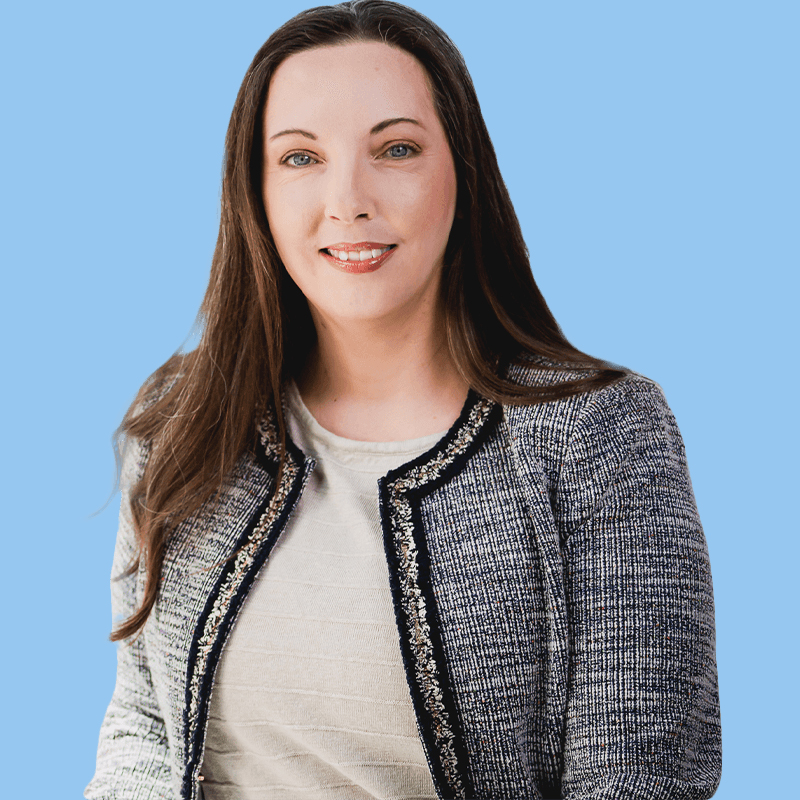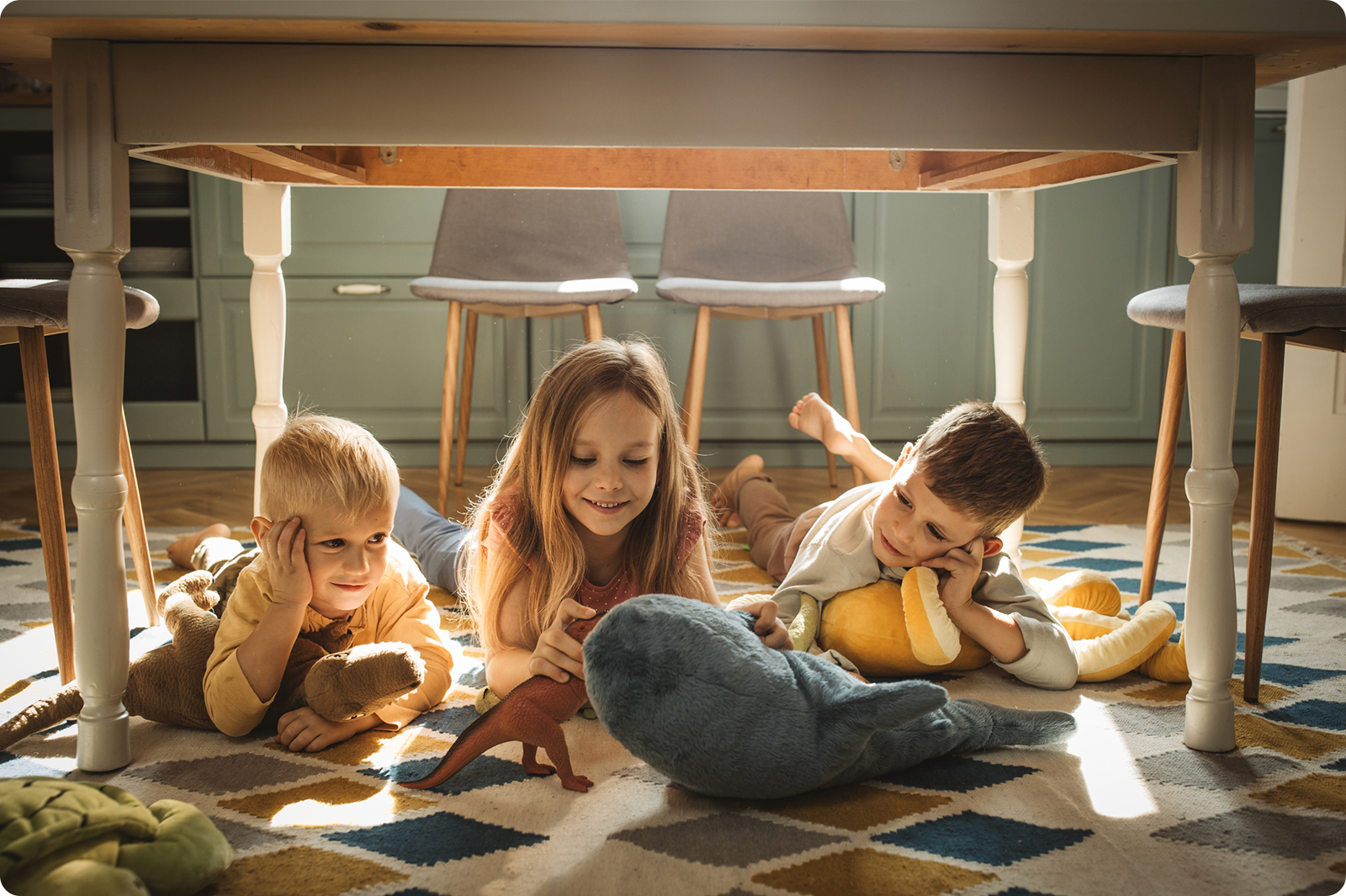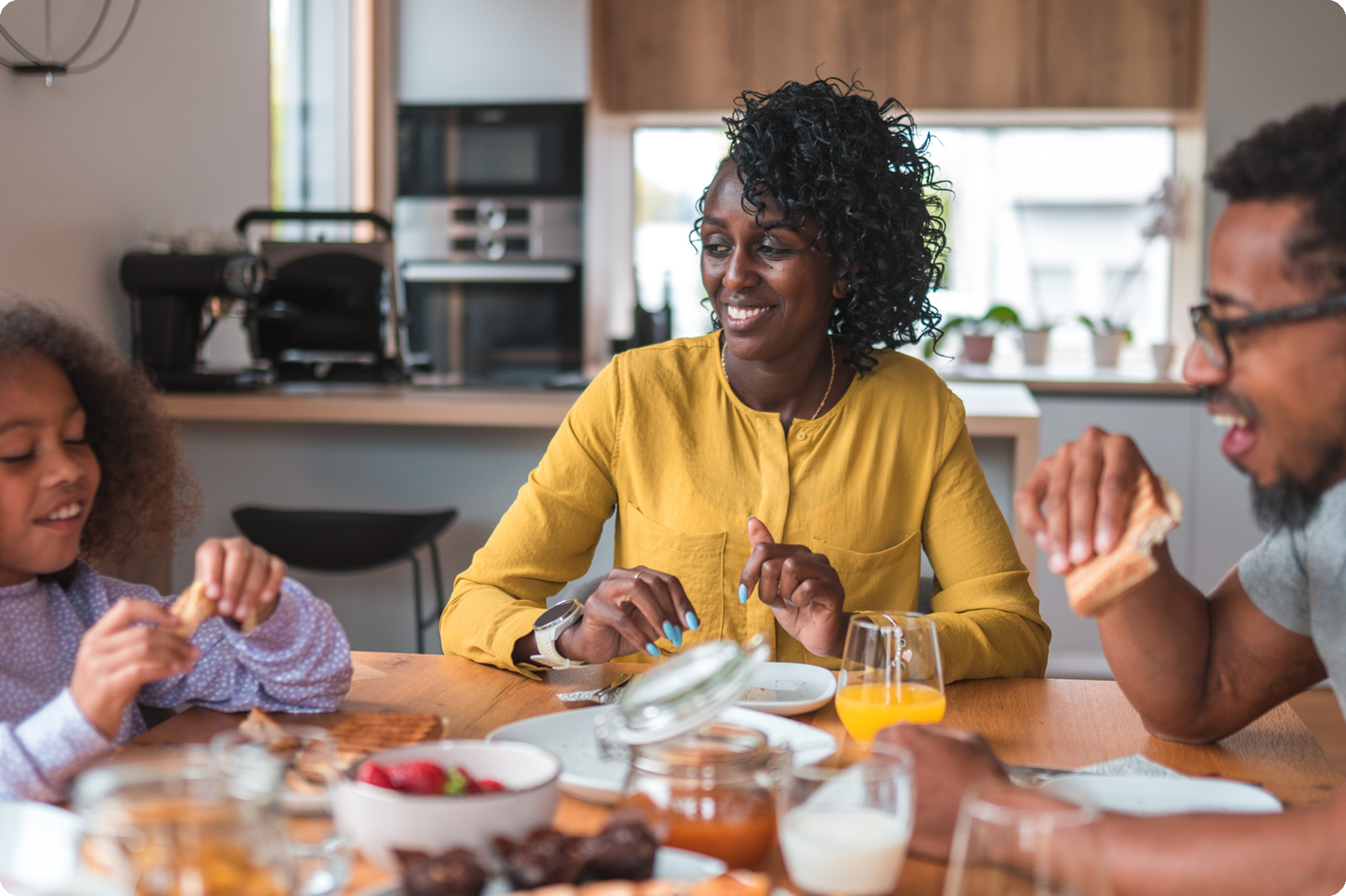TL;DR
|
What is on your child’s list of “No Go” foods? Maybe it’s peas, cooked carrots, broccoli or maybe cantaloupe. Neophobia – a fear or reluctance to try new things – is common in many contexts, from the eating behaviours of our children to financial decision-making.
When it comes to money decisions, a preference for the familiar explains why people may be slow to adopt a new and innovative banking app, nervous about that upgraded insurance offer, or hesitant about an unfamiliar type of investment.
New things feel riskier than familiar things
The reason we fear the unknown is that new things make us imagine consequences more than opportunities.
What if it doesn’t work?
What if it’s a waste of my time?
What if I end up doing this and look silly in the eyes of others?
The risks we imagine are numerous and lead us to stick with what we know.
However, in doing so, we tend to ignore the costs of sticking with the status quo, turning a blind eye to financial matter. For instance, in choosing not to try that new banking app, we forgo features of a new digital experience that makes it safer and more convenient for us to complete personal banking transactions.
As behavioural economists Dan Ariely and Jeff Kreisler state in their book, Dollars and Sense1, ignoring opportunity costs is one of our biggest money mistakes.
Navigating Market Rollercoasters: A Guide to Keeping Your Cool
Money Decisions: A Bias Towards Familiarity
Research2 examining financial decision-making shows that shoppers prefer to buy tried and true goods.
Meanwhile investors choose options that feel familiar due to their being:
- Geographically close
- Sharing a common language or culture
- Having professional relevance (for instance software engineers disproportionately investing in tech startups)
This so-called “local bias” – go with what you know – is accompanied by a preference to avoid making active choices, as much as possible. Making an active choice to deviate from the status quo has been shown to bring to mind far more consequences than passive choices. Choosing not to break with tradition feels safer. Our brains are wired to call up “worst-case” scenarios when we contemplate change, while “best-case” scenarios are more salient when we are thinking about the current state of things. Is the grass always greener?
Going to the Buffet: An Exercise in Trying New Things
Going out for dinner can take many forms – a formal dinner where diners order off a menu, or a more casual outing to the local buffet restaurant. Context matters for behaviour and can open us up to trying new things. While a picky eater will be very likely to stick with familiar options when they order off the menu, their choices are likely to be swayed in a more adventurous direction as soon as they hit up a buffet. Why is this?
- A buffet disrupts the status quo – people eat dessert alongside salad – and this enables diners to let go and be a bit experimental
- Other diners model eating new things – think crab legs or sushi – by learning how to navigate unfamiliar foods and seeing how tasty they can be, diners have a roadmap for approaching new things and can’t ignore their FOMO
- A chance to make new choices – rather than being locked in to an order placed table-side, buffet dining sets the expectation of diners making multiple visits to see what’s on offer, each visit being an opportunity to take a walk on the wild side
How to get past our fear of the unknown
The example of buffet dining makes the point that under certain circumstances, we can get past our fear of the unknown. If we want to help ourselves make decisions that give equal weight to familiar and unfamiliar options, and that ‘nudge’ us to get out of our comfort zone, some additional tips are as follows:
- Try new things in the company of others. Consuming new foods in the presence of others leads to a decrease in neophobia3 and this effect can be translated into other areas of our life such as personal finance where social facilitation can help us ease into using new technology or learning about a new investment option.
- Reframe the risk-reward equation. The opportunity costs of sticking with the status quo need as much attention as potential losses that might follow from changing things up. It is important to ask yourself, what do I miss out on if I remain passive?
- Find the right mix of new and old. Familiar things can often be a vehicle for trying new things (imagine downloading a new banking app while in-branch with one’s financial advisor). Familiarity is comforting, it helps people feel that they still have control of their experiences, even if some aspects are new.
In sum, considering how our brains think about New vs. Familiar explains our fear of the unknown, but more importantly, provides us with ideas for how to open up to new experiences in our lives.

Vice President, Strategy at BEworks
Michelle Hilscher, Vice President, Strategy at BEworks, holds a PhD in cognitive science from the University of Toronto. In her role, Michelle co-leads the global financial services portfolio and helps clients apply behavioral science to solve challenges ranging from improving debt management and combatting fraud to improving clients' financial well-being. Michelle has been an invited speaker at events coordinated by the OECD, Gates Foundation, American Bar Association, Ontario Securities Commission and Portfolio Management Association of Canada. Prior to BEworks, Michelle advised institutional investors about how to improve governance and group decision-making.



